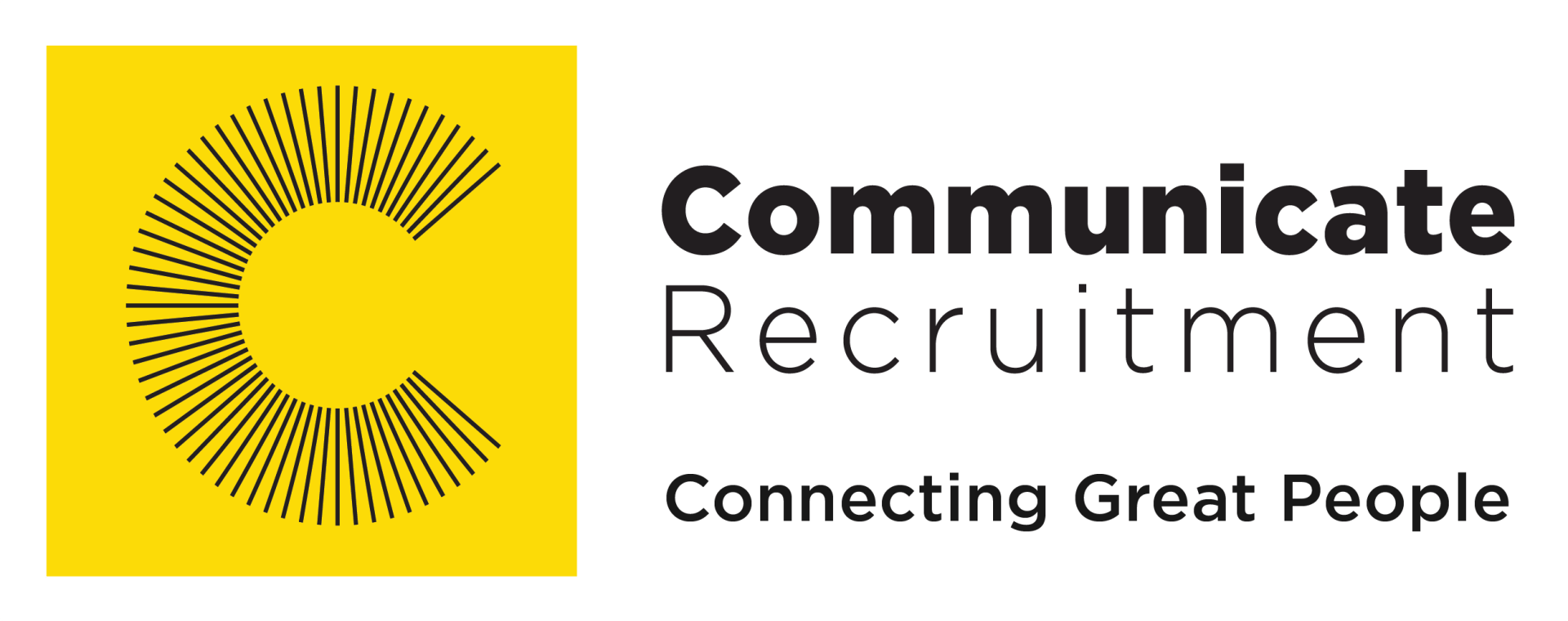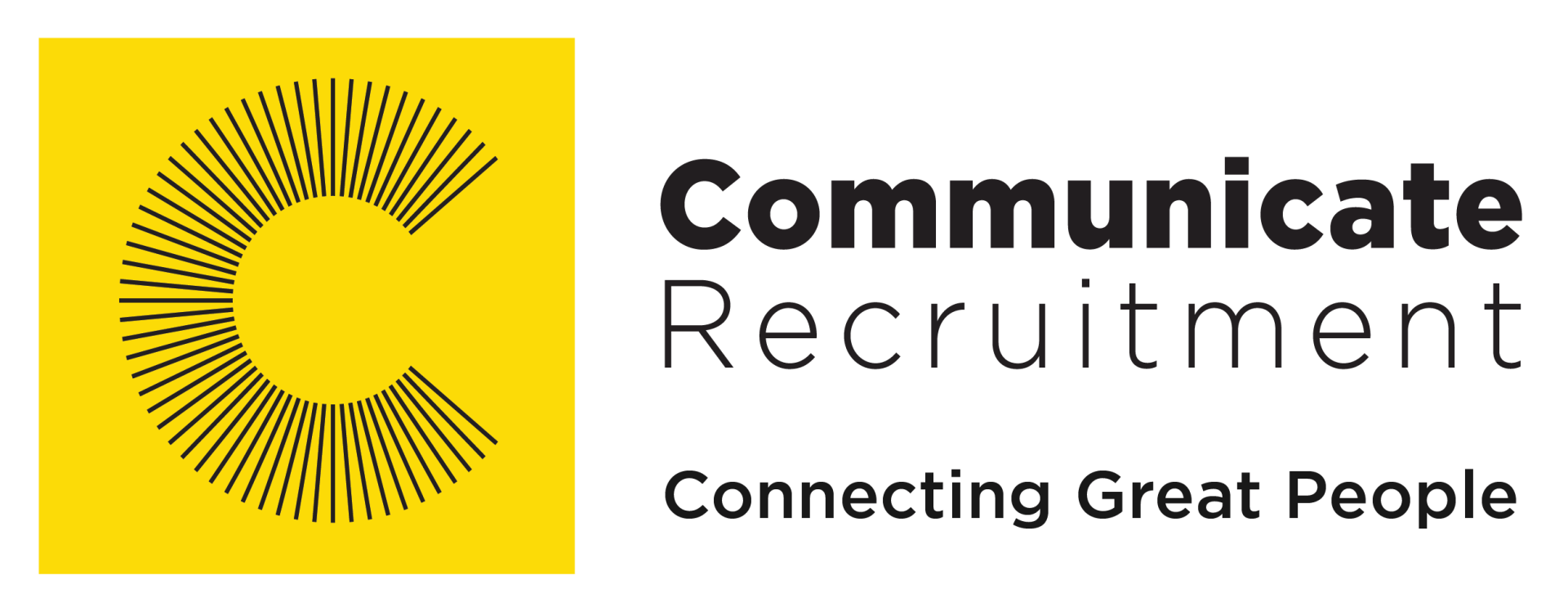Changes In The Internal Auditing Function
The role of internal auditing has evolved significantly over the last few years. Internal auditing has expanded to include services that add value not only to the internal control processes but also embrace control and risk management, in ongoing efforts to meet the needs of various stakeholders.
Despite all of the above, internal auditors in the South African public sector may be falling short, failing to fully meet the expectations of their stakeholders. This is according to a recent survey conducted by the National Treasury and other finance partners. There have been a number of changes within the public internal auditing function in the public sector, below are just two of the important areas.
Risk focus
As companies adapt to the rapid change in the global economy, the risks they face are often unknown and unfamiliar and this potential impact on the business's future is extensive. Therefore, internal audit functions need to adapt to the changing risk landscape.
Forward-thinking internal audit functions are providing input on what to consider as the business assesses a certain path, for example, entering into a new market. At other times, an internal audit identifies potential risks as the process is underway, such as cost reduction. It's therefore important that the Chief Audit Executives (CAE) are involved at the optimal time to provide advice.
Staffing
The overview of the current situation regarding internal audit staffing seems to indicate that the public sector has an insufficient number and quality of employees to empower the internal auditing function to provide the level of service expected by their stakeholders.
Research shows that this could be attributed to the fact that CAEs are not adequately qualified (academically and professionally), that too many vacancies exist, that staff turnover rates are too high, and that the level of internal audit is too low for the demands of the job.
The talent gap and lack of business expertise are increasing. There is a poor perception of internal audit's relevance and value in the public sector. As the public sector looks to the future, internal audit functions need to acquire diverse skill sets to address the most critical risks facing their industry. According to PwC's report, organizations are turning to third parties to close the talent gap.
The way forward
An organization's commitment to effective internal control should be reflected directly in the importance it attaches to its internal audit function. The internal audit charter, approved by the board or audit committee, should clearly identify the roles and responsibilities of internal audit with respect to fraud risks. This will require fraud investigation teams to obtain sufficient knowledge of fraudulent schemes, investigation techniques, and applicable laws.
It is very important that the internal audit functions are sufficiently funded, staffed, and trained, with appropriate specialized skills. This would depend on the nature, size, and complexity of the operating environment of an organization.
The success of any internal auditor lies with that person's commitment to constantly develop and improve, along with his or her deep understanding of the organization's needs and how they can be met through the internal audit function. At no time is this truer than in today's business environment.
If you consider yourself to be one of South Africa's top Internal Auditors and currently in the market for finance jobs, be sure to visit our vacancies pages to apply!
Need top calibre candidates to grow your organization? We source the very best. Contact us today.





